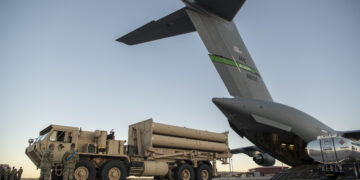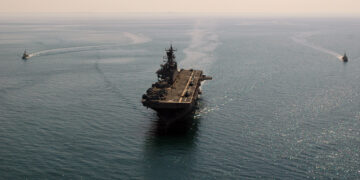April 22, 2019
Sanctions will harm Iran, but they are not cost-free for the U.S. and are likely to backfire
FOR IMMEDIATE RELEASE:
April 22, 2019
Contact: press@defensepriorities.org
WASHINGTON, DC—Today, the Trump administration announced it will no longer provide sanctions waivers for nations, including U.S. allies, if they buy oil from Iran after current exemptions expire on May 2. Defense Priorities Policy Director Benjamin H. Friedman issued the following statement in response:
“The decision not to renew waivers on Iranian oil sanctions is short-sighted, won’t change the regime’s behavior, and will have a higher cost than benefit for the United States.
“The administration’s hope is that economic hardship brought on by sanctions will move the Iranian people to overthrow their government. It is far more likely that hardship will be blamed on the U.S., cause nationalist outrage against the west, and increase Iranian support for hardliners and harm moderates looking to cut more encompassing deals.
“In addition to risking a crisis or war with Iran, these actions are also likely to damage U.S. allies in Europe. And because the sanctions abuse U.S. financial hegemony, they incentivize alternatives to the U.S.-led global financial system and threaten a major source of America’s economic power.
“These risks might be worthwhile if the U.S. truly could not live with the current Iranian government—but we can live with them. The Iranian regime is a problematic actor, but it is not a major threat to Americans today. Whatever threat it does pose to the U.S. should be managed through deterrence and diplomacy.”
More on Iran

By Geoff LaMear
December 5, 2025
Featuring Jennifer Kavanagh
August 28, 2025

Featuring Jennifer Kavanagh
July 28, 2025
Events on Iran






